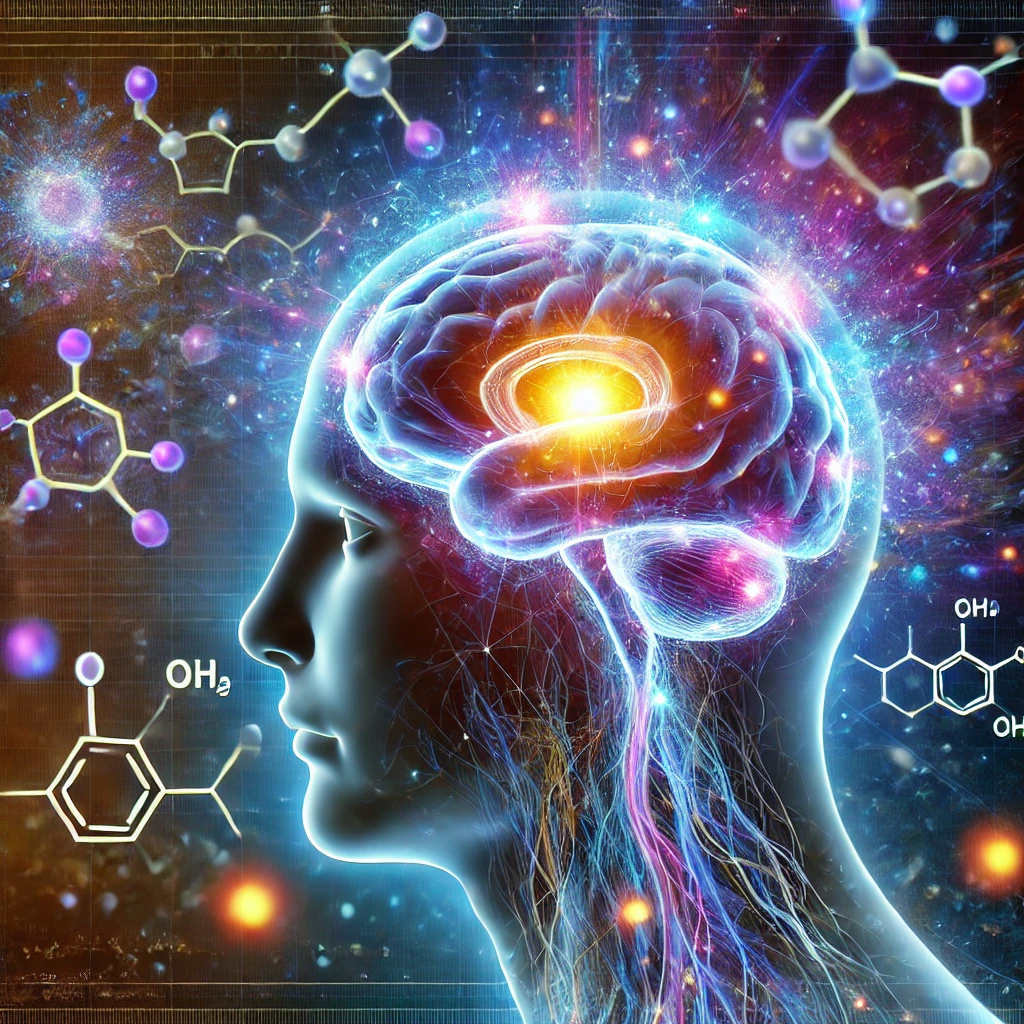Understanding Addiction: A Look at Neurobiology and When to Seek Help
March is Drug and Alcohol Awareness Month, a crucial time to shed light on the complexities of addiction. Addiction is not just a matter of willpower; it’s a multifaceted issue involving neurobiology, mental health, and behavioral patterns. Understanding these elements can help those struggling with addiction recognize their situation and seek appropriate help.
The Neurobiology of Addiction
Addiction alters the brain’s chemistry and structure, impacting how we experience pleasure and make decisions. Dr. Montez’s research provides valuable insights into the neurobiological aspects of addiction. Here’s a simplified look at how addiction affects the brain:
Dopamine System
Addiction hijacks the brain’s reward system, primarily involving the neurotransmitter dopamine. Drugs and alcohol can cause an intense release of dopamine, creating feelings of euphoria. Over time, the brain’s natural dopamine production decreases, making it difficult for individuals to experience pleasure from everyday activities.
Brain Structures
Addiction affects various brain structures, including the nucleus accumbens and the prefrontal cortex. The nucleus accumbens plays a key role in the reward system, while the prefrontal cortex is involved in decision-making and impulse control. Chronic substance use can impair these areas, leading to compulsive behaviors and difficulty making sound judgments.
Neuroadaptation
With repeated exposure to substances, the brain undergoes neuroadaptation, where it becomes less responsive to dopamine. This means that individuals need more of the substance to achieve the same effects, escalating their use and dependence.
Signs of Addiction
Recognizing the signs of addiction is crucial for seeking help. Here are some common indicators:
- Increased Tolerance: Needing more of the substance to achieve the same effect or experiencing diminished effects with continued use.
- Withdrawal Symptoms: Experiencing physical or emotional symptoms when not using the substance, such as anxiety, irritability, or nausea.
- Neglecting Responsibilities: Failing to meet obligations at work, school, or home due to substance use.
- Preoccupation with Use: Spending a significant amount of time thinking about, obtaining, or using the substance.
- Loss of Control: Trying to cut down or stop using the substance but finding it difficult to do so.
- Continued Use Despite Consequences: Persisting in substance use even after experiencing negative effects on health, relationships, or finances.
Getting Support
We understand that support is crucial when experiencing isolation in addiction:
- Counseling and Therapy: Working with a licensed therapist can provide support and strategies for overcoming addiction. Most of our clinicians here at the Sanctuary of Wellness have extensive experience working with Substance Use and would be happy to sit with you to discuss the ways that addiction is impacting your life.
- Support Groups: Groups like Alcoholics Anonymous (AA) or Narcotics Anonymous (NA) offer community and accountability.
- Rehabilitation Programs: Inpatient or outpatient rehab programs provide structured environments for recovery. The Sanctuary of Wellness has partnerships with several treatment centers in the area if this appears to be the best approach to your treatment and recovery.
Conclusion
Understanding addiction, from its neurobiological roots to its behavioral signs, is crucial for recognizing when help is needed. If you or someone you know is struggling with addiction, remember that seeking support is a sign of strength, not weakness. There are numerous resources available to guide you through recovery and help you reclaim a healthier, more fulfilling life.Feel free to contact our office today to learn more!







